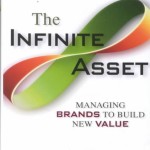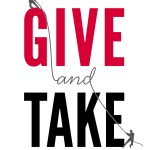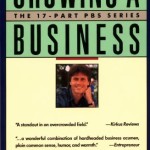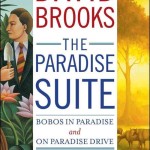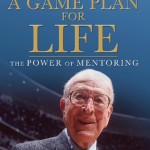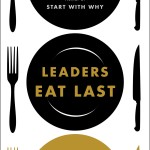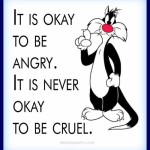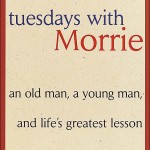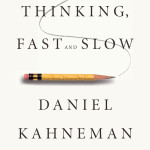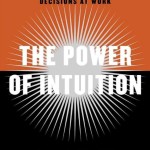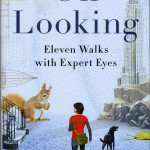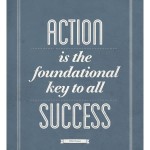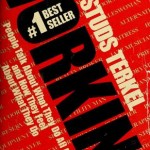“Success emerges from the quality of the decisions we make and the quantity of luck we receive. We can’t control luck. But we can control the way we make choices.” Chip and Dan Heath, the bestselling authors of Switch and Made to Stick, tackle one of the most critical topics in our work and personal lives: how to […]
The Psychology of Self-Esteem
– Nathaniel Branden
“Self-esteem is the reputation we acquire with ourselves.” Of all the judgments you make in life, none is as important as the one you make about yourself. The difference between low self-esteem and high self-esteem is the difference between passivity and action, between failure and success. Now, one of America’s foremost psychologists and a pioneer in self-esteem development […]
How BIG DATA will transform our lives
– Viktor Mayer-Schonberger
and Kenneth Cukier
“Sometimes the constraints that we live with, and presume are the same for everything, are really only functions of the scale in which we operate.” A revelatory exploration of the hottest trend in technology and the dramatic impact it will have on the economy, science, and society at large. Which paint color is most likely […]
The Emotional Life of your Brain
– Richard J. Davidson and Sharon Begley
“recent research has shown that when we empathize, the brain activates many of the same networks as when we ourselves experience pain, physical or otherwise.” What is your emotional fingerprint? Why are some people so quick to recover from setbacks? Why are some so attuned to others that they seem psychic? Why are some people […]
Learn from Failures – James Dyson
“The key to success is failure… Success is made of 99 percent failure.” Sir James Dyson, CBE (born 2 May 1947) is a British inventor, industrial designer and founder of the Dyson company. He is best known as the inventor of the Dual Cyclone bagless vacuum cleaner, which works on the principle of cyclonic separation. According to the Sunday Times Rich List 2013, his net […]
Feeling Good: The New Mood Therapy
– David D. Burns
“When two people respect each other, the ability to be vulnerable and to reveal hurt feelings can create a powerful emotional connection that is the source of real intimacy and friendship.” The good news is that anxiety, guilt, pessimism, procrastination, low self-esteem, and other “black holes” of depression can be cured without drugs. In Feeling Good, […]
The Infinite Asset
– Sam Hill and Chris Lederer
Remember when brand management was as straightforward as promoting a single product or service? Today, brands mingle so much – McDonald’s and Disney partner on promotional giveaways, Subaru markets an L.L. Bean edition of the Outback, Toys R Us and Amazon.com jointly launch an online toy store – a whole system of brands can make […]
On Becoming a Person – Carl Rogers
“The curious paradox is that when I accept myself just as I am, then I can change.” The late Carl Rogers, founder of the humanistic psychology movement, revolutionized psychotherapy with his concept of “client-centered therapy.” His influence has spanned decades, but that influence has become so much a part of mainstream psychology that the ingenious […]
